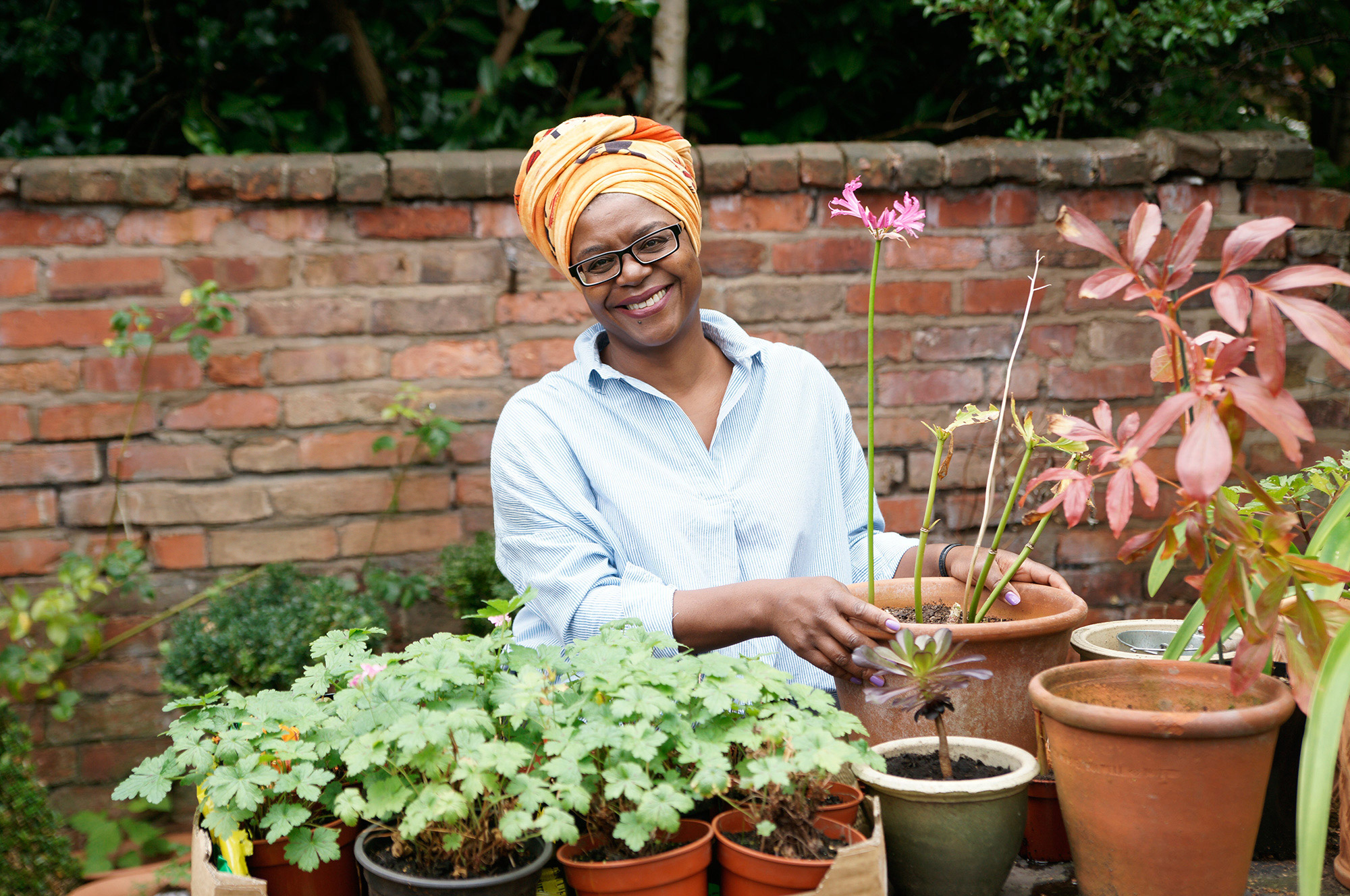What’s in your kid’s emotional backpack? Occupational psychologist & coach Dr Amy Redmond & hypnotherapist & NLP practitioner Ami Ford give parents some prompts inspired by their Aha Journals
If you’re a parent, you’ve probably felt it: the joy of watching your child grow, mixed with the quiet worry of knowing life, especially school life, can be hard.
Yes, school is about learning the traditional lessons – maths, science and English. But it’s also where kids face tougher, less visible lessons: friendship fallouts, social comparison, pressure to perform, and the painful tension between wanting to stand out and needing to fit in.
So how can we tell when our kids are struggling?
The backpack they carry isn’t always visible
Imagine your child’s emotions like a backpack. Each morning, they fill it, maybe with excitement, curiosity, and confidence. But sometimes, hidden inside, are heavier loads: anxiety, loneliness, fear, stress. When the emotional backpack gets too full, it can weigh them down in ways they may not know how to express.
Younger children might become clingier, avoid school, or overreact to small frustrations. Tweens and teens may withdraw, become fixated on achievements, take more risks, or seem unusually low or irritable. These signs don’t always signal a crisis, but they’re worth paying attention to.
How to support them
Help them connect with their emotions
As our kids grow, their emotional needs shift. Comfort evolves from distraction (a cuddle or new toy) to connection. What they need most is to feel seen and heard; not corrected or rushed toward a solution.
Start by listening without judgement. Resist the urge to say, “You’ll be fine,” or “It’s no big deal.” Instead, try: “That sounds really hard. I’m glad you told me.” Simple words of validation go a long way toward building emotional safety.
Encouraging children to name the weight they are carrying and having important conversations around their emotions can make it easier for them to understand , talk about and generally work through.
Helping children to learn how to reframe their challenges can be powerful in teaching them that the way we speak to ourselves shapes how we feel. As well as the above phrases, introduce them to phrases like: “It feels tricky now, but I’m building courage everyday,” or “Every time I try something new, my brain gets stronger”. This can help your child rewrite their inner dialogue in supportive ways.
Let conversations flow naturally
Remember that the best conversations are rarely forced. They flow naturally, side-by-side – while walking, driving, or doing something together. Create those quiet, low-pressure moments where kids feel free to talk, or not talk, on their own terms.
Teach them the power of anchoring
A lovely NLP (Neuro Linguistic Programming) technique that is simple to use and can help children, and adults too, to access positive emotional states quickly when they need it the most, is ‘Anchoring’.
You could introduce your child to an emotional ‘anchor’ where they can use small gestures or phrases that they can link to feelings of calm or confidence. An example is, gently pressing their index finger and thumb together while saying “I’ve got this” while thinking of a time where they felt these positive emotions in the past. This can become a great grounding tool during stressful moments. All children, even teens and adults, love this one, especially how no one will know they are doing it – it’s like a “secret button of power!”
Journaling can help kids make sense of their feelings
Writing can be a powerful outlet for kids, especially tweens and teens. A journal helps them give shape to their emotions, understand their triggers, and build habits that support emotional resilience.
Guided tools such as The Aha Journal are especially helpful; designed to meet kids where they are, in a language and structure they can relate to.
Encouraging children to do sensory journaling using NLP Principles, such as: what colour is this feeling? Where do I feel it in my body? If this feeling had a sound, what would it be? Can prompt children to gain a deeper emotional awareness of themselves and describe their experience more vividly.
Trust your instincts
You know your child better than anyone. If something feels off, don’t wait. Talk to their teacher or school counsellor. Seek professional support if needed.
The earlier we step in, the more gently we can guide them through.
Day to day, the most powerful thing we can offer isn’t perfect advice – it’s presence. To become the person our child feels safe turning to, no matter what’s in their emotional backpack.



 Facebook
Facebook Instagram
Instagram Twitter
Twitter Linkedin
Linkedin






